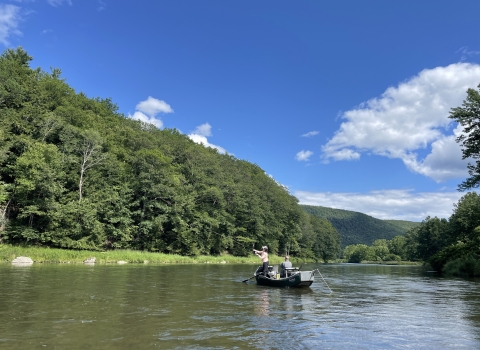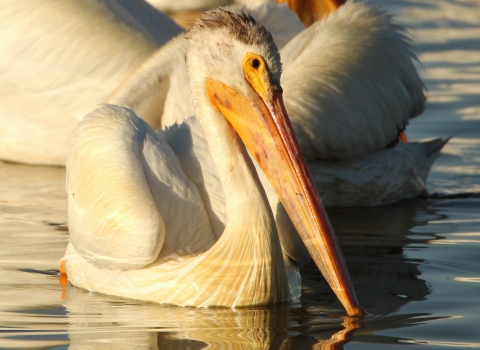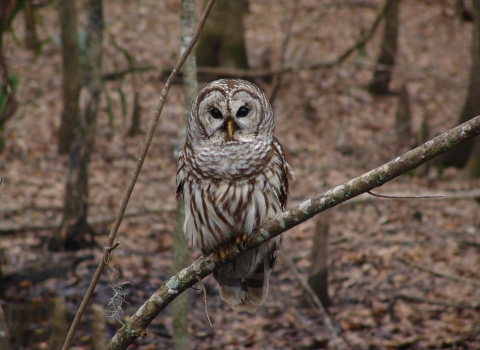Palm Springs, Calif. – The U.S. Fish and Wildlife Service has issued an incidental take permit for the Manzana Wind Power Project in Kern County, California. The permit covers the take of up to two free-flying California condors and two associated eggs or chicks over 30 years.
“The Service regularly engages with industry groups to identify innovative strategies for conserving and recovering threatened and endangered species,” said Scott Sobiech, field supervisor for the Carlsbad and Palm Springs Fish and Wildlife offices. “This unique conservation plan provides a mechanism for the wind company to manage risk during continued operations, while aiding recovery efforts for the California condor.”
Manzana Wind LLC has been operating the project since 2012 while voluntarily employing measures to minimize the risk to California condors. Issuance of the permit implements a conservation plan that includes the continuation of these measures.
It also requires the company to mitigate the potential incidental take of California condors and implement a monitoring program to ensure plan compliance over the life of the permit. The Service considered all public comments on the plan and an associated environmental assessment as part of the decision to issue the permit.
The plan incorporates a state-of-the-art system to detect approaching condors and curtail operation of wind turbines if a condor is at risk of collision. It also includes funding for the Oregon Zoo’s captive breeding facility to rear additional California condors for release into the wild. The release of captive-bred condors into the wild is a key component of the Service’s recovery process for this species.
The California condor is North America’s largest bird and is listed as an endangered species under the Endangered Species Act. There have been no documented cases of a wind turbine injuring or killing a California condor. However, as the species’ population in the wild increases, California condors are also expanding the area they use. Their increased numbers and range increase the likelihood that they will encounter wind projects.
Manzana Wind’s proactive approach to operating its facility ensures that it will help protect California condors and support recovery of the species while continuing to provide renewable energy to California.
The conservation plan and associated documents are available at https://www.fws.gov/carlsbad/HCP_Docs.html.
The U.S. Fish and Wildlife Service works with others to conserve, protect and enhance fish, wildlife, plants and their habitats for the continuing benefit of the American people. For more information about our work and the people who make it happen, visit www.fws.gov/cno or connect with us via Facebook, Twitter, YouTube and Flickr.
-FWS-


